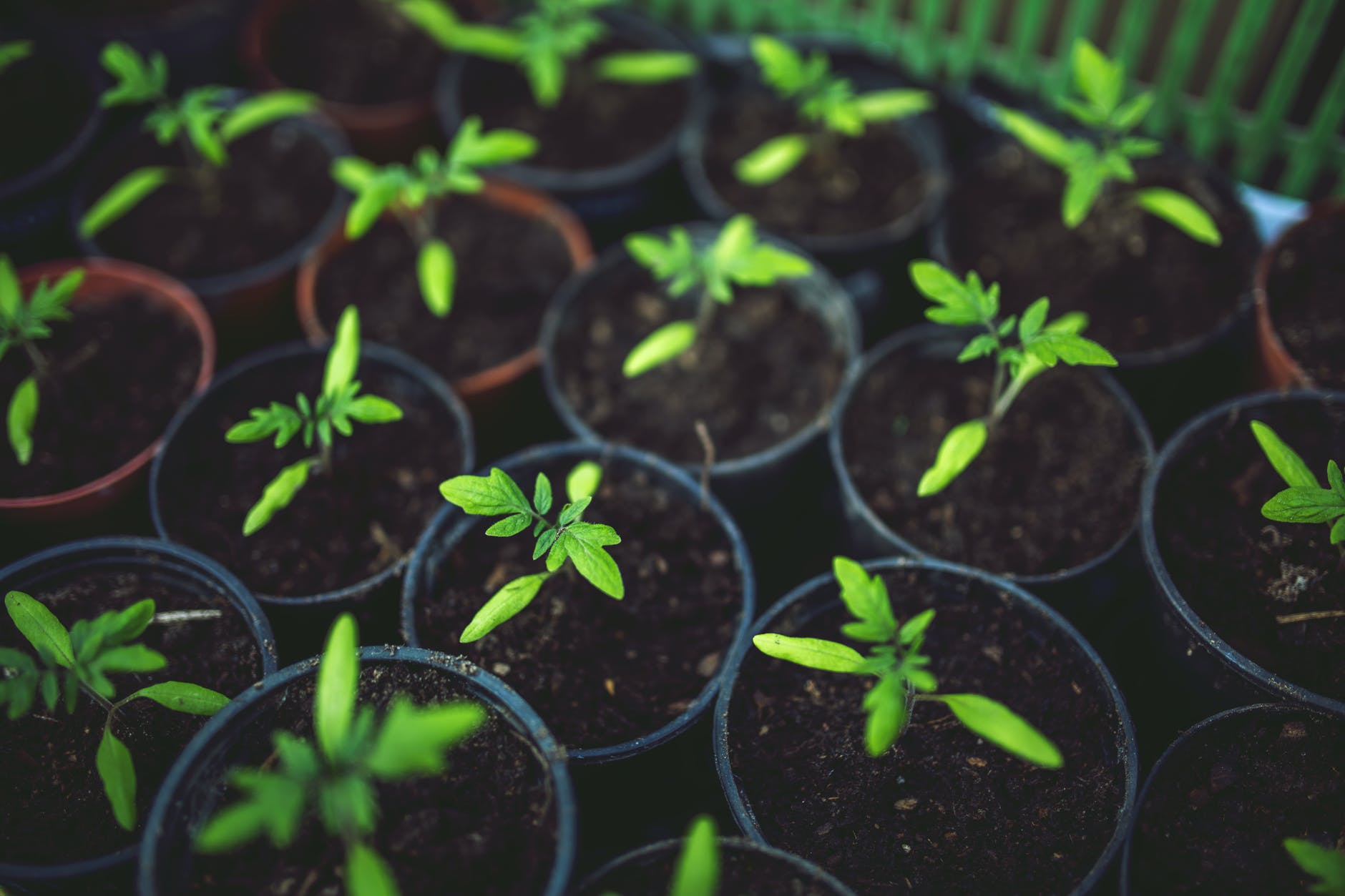During coronavirus lockdowns, tips on doing long lost hobbies like gardening are everywhere. One of them is from registered psychologist Christine Korol.
“Gardening is a great physical activity that we can safely do outside, so it checks a lot of boxes in terms of an activity that will improve your mood,” Korol told Global News.
“It also gives you a sense of accomplishment,” she said.
Evidence suggests the correlation between gardening and positive health outcomes.
Based on a 2017 study, gardening can bring about reductions in depression and anxiety symptoms, mood disturbance, stress, and body mass index (BMI).
Gardening can also help improve quality of life, cognitive function, sense of community, and physical activity levels.
Fruits of labor
For Andy Baryer, a resident of Surrey, B.C., his gardening has become more important since the pandemic started.
“It [can] be very rewarding because you literally eat the fruits of your labor,” Baryer told Global News.
“In this time of isolation, gardening has been especially important because it has drastically improved my mental health and overall well-being.”
Baryer felt the negative impact of isolation on his mental health and productivity. But gardening allows him to reconnect with nature.
“Having plants and flowers in my living space reminds me that there are things we can control in our lives," he said.
Mindfulness
Registered psychologist Melanie Badali pointed out that any kind of gardening is an effective instrument for practicing mindfulness.
“When we garden mindfully, we practice focusing on what we’re doing and being where we are,” Badali said.
“If we can focus on the garden, it can be a break from negative emotions that can arise from harshly judging ourselves or other people," she added.
People are isolated from others for the past weeks, and this can worsen the condition of those with depression, anxiety, and other mental health issues.
“Right now, many of our minds are busy travelling to the future and spending a lot of time worrying about ‘what if?'” Badali said.
A garden is whatever you make of it, Badali added.
“It can be as close as your back door or your windowsill,” she said. “Some grocery stores have live herbs you can buy so it wouldn’t necessarily require a non-essential trip if you don’t have any plants [already].”
"Garbage gardening"
Repurposing old food scraps is considered sustainable and an alternative at a time when one's access to seeds and gardening tools is limited.
Gardeners can arrange chickpeas in hanging baskets. One can place beets can in showy dish gardens. For those with small space, they can start new plants on the windowsill.
They can use the byproducts from bulbs, roots, beans, nuts, tubers, cuttings, or seeds.
Gardeners can use water, soil, pebbles or peat as a growing medium.
In an interview with Global News, certified horticulturalist Dave Attard said that anything one can grow in the ground can also grow on a balcony. However, this may not work for vegetables like carrots and potatoes, since they require deep growing bases.
Vegetables like eggplant and zucchini are low-maintenance, and so are herbs like dill and mint.
“You just have to be aware of your light requirements and make sure that you’re putting the right plant in the right space,” he said.
One must avoid tomatoes and peppers and opt for leafy greens if one's place is shady.







